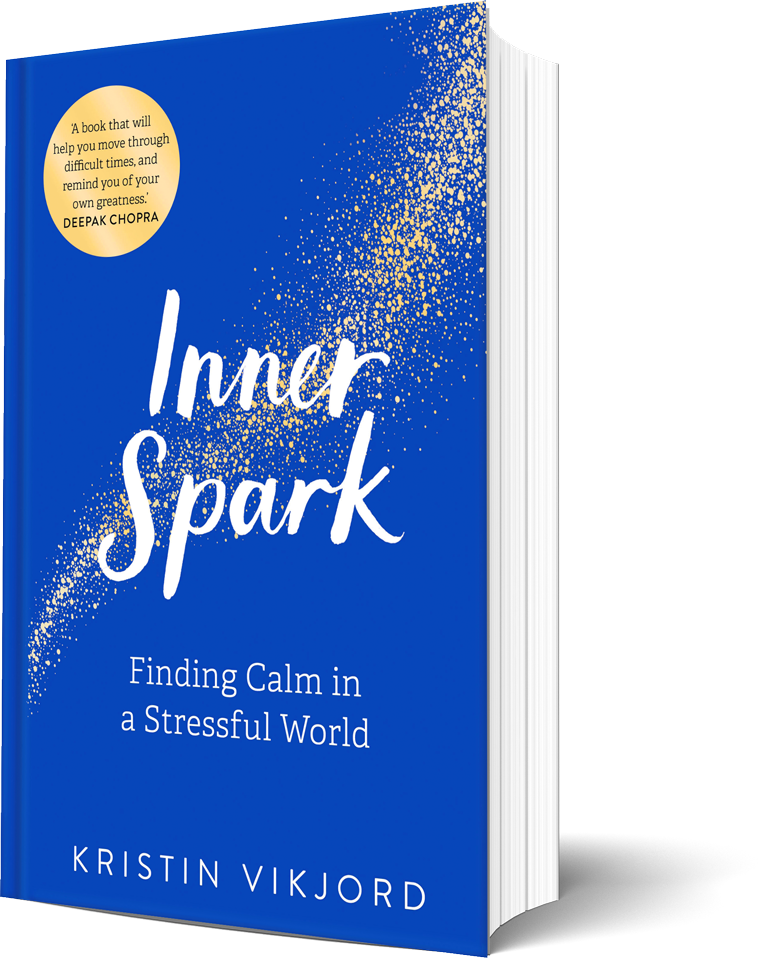01 May On trust
Posted at 07:56h
in Uncategorized
Here’s a note to a practice I wrote for the May issue of Delight Yoga’s newsletter (that’s why its a bit longer piece than usual). At the bottom you’ll find a practice too. Enjoy!
_____________________
Our ability to trust influences our lives on many levels. Trust can be defined as believing in, knowing, or having faith in someone or something. It is also related to the notion of instinct, or ‘gut feeling’. To be able to trust an acceptance of reality as it is (not to confuse with a state of ignorance, avoidance or submission) must be present, as well as willingness to take responsibility for ones own state. Trust is an ability that can be trained, and you can practice to refine your sense of trust.
Trust is conditioned by many factors. Patanjali addresses it: “past experiences and ideas distort our understanding of the object. Everything that has been heard, read or felt may interfere with our perception”. Everything in our history conditions our ability to trust. The interaction between mother (or primary caregiver) and child has a major impact on this establishment. The quality of that contact, synergize your later ability to trust. So, as your mother mirrored your emotional expressions from infancy, you learned to independently differenciate which emotions are intrinsically present, how you interpret them, and how you express them. An emotional ‘language’ develops. The ability to trust is therefore related to the feeling of autonomy (a clear feeling of self and who you are), and this makes the foundation for how you attribute things happening around you, either as caused by yourself or the surroundings.
Feeling insecure is human. Patanjali denote it “an inborn anxiety about the future”. Times of stress (here stress is defines as anything that take you out of your comfort zone or normal state, on physical, mental or energetic level) can increase the feeling of insecurity. When we feel insecure, trusting becomes challenging. When we feel insecure, external confirmations help us (talking with someone, finding common grounds, God, things, numbers, etc). So how to increase trust? How to tap into your own gut feeling? And, how to hear what your heart tells you? Practicing to notice and listen to intrinsic movements (bodily sensations, thought-flows, feelings) will help you to evolve a sensitivity to your own needs. Ultimately you are your own best teacher. Practice with the intention of getting to know yourself a little better. Change is an inevitable mechanism of life. Much of our effort goes into avoiding, ignoring or confronting how we relate to change. When you ‘hear’ your own needs, you start knowing yourself a little more. Inner trust increase, and the movement into change become less painful and less scary. As inner trust evolves, overall trust increase.
Practice 10-15 minutes
Padmasana or shavasana/Sitting or laying
1. Practice to listen to yourself.
Sit or lay down for 10 minutes, noticing sensations/movements within these four aspects: your breath, bodily sensations, thoughts/mind, and feelings. Notice what is present right now.
2. Practice to communicate what you hear.
Journal for 5 minutes your observations, describing (without analyzing) the sensations/movements you noticed. What was one thing you noticed with each of the four aspects: your breath, bodily sensations, thoughts/mind, feelings?
3. Practice self-care.
From the sensations you’ve now observed, notice which need they (or one of them) is an expression of (tiredness, muscle pain, anger, restlessness, etc). If you feel like it, meet yourself on this need, showing yourself self-care by giving yourself what you need.



